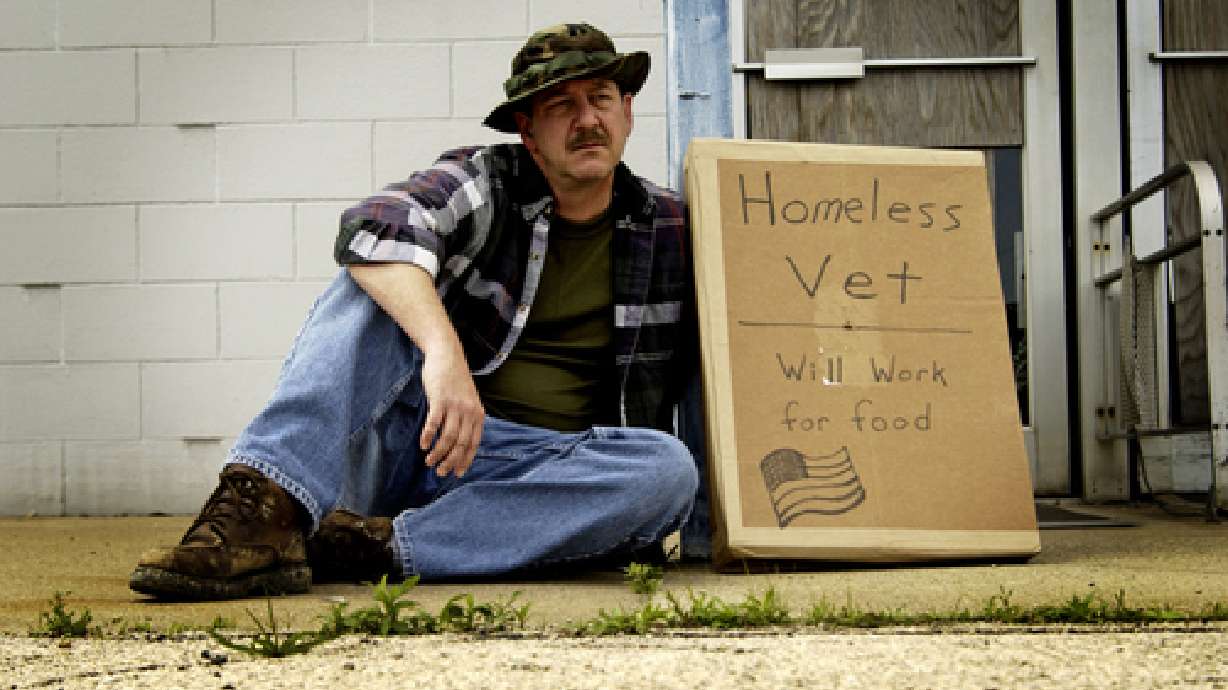Estimated read time: 2-3 minutes
This archived news story is available only for your personal, non-commercial use. Information in the story may be outdated or superseded by additional information. Reading or replaying the story in its archived form does not constitute a republication of the story.
SALT LAKE CITY -- Salt Lake City leaders are considering a new proposal that would crack down on panhandlers. The proposed ordinance would limit how and where panhandlers can operate.
"Finding child care for people so they can go to work -- that can include transitional housing, emergency shelters -- all of those things are great ways for people to spend their money," said Jason Mathis, executive director of the Downtown Alliance. "Giving money to a panhandler isn't solving the problem. It's just exacerbating the problem."
Under the proposal, it would be illegal to lie about being homeless, disabled, a veteran or stranded. Panhandling also would be banned within 20 feet of sidewalk cafes, bus stops, ATMs, entrances to some religious establishments and places where people stand in line for things like movies and concerts.
Advocates for Utahns living in poverty already are questioning the ramifications and don't know how such a law would be enforced.
"How on earth are police going to enforce this?" said Bill Tibbitts, a project coordinator with the Crossroads Urban Center. "Are they really going to go around and ask everybody claiming to be a homeless vet to show proof they're a vet? Are you going to have to have your military records to be able to panhandle now?"
The Downtown Alliance is planning to roll out a campaign against panhandling next month. Mathis says most panhandlers are not actually homeless.
"Typically those people are not showing up at the shelter, they're not showing up at the dining room because most of them have houses and kitchens to go to," he said.
Advocates argue there are more effective ways to get Utah's homeless off the streets. "It's been over 10 years that the city has been working on a low income housing policy," Tibbitts tells KSL Newsradio. "If they want to make the homeless less visible, they should finish that policy before they start working on something like this."
The new proposal is still in the draft stage. Mayor Ralph Becker's chief of staff, David Everitt, tells the Deseret News he expects the ordinance to be significantly changed by public input.
E-mail: aadams@ksl.com









